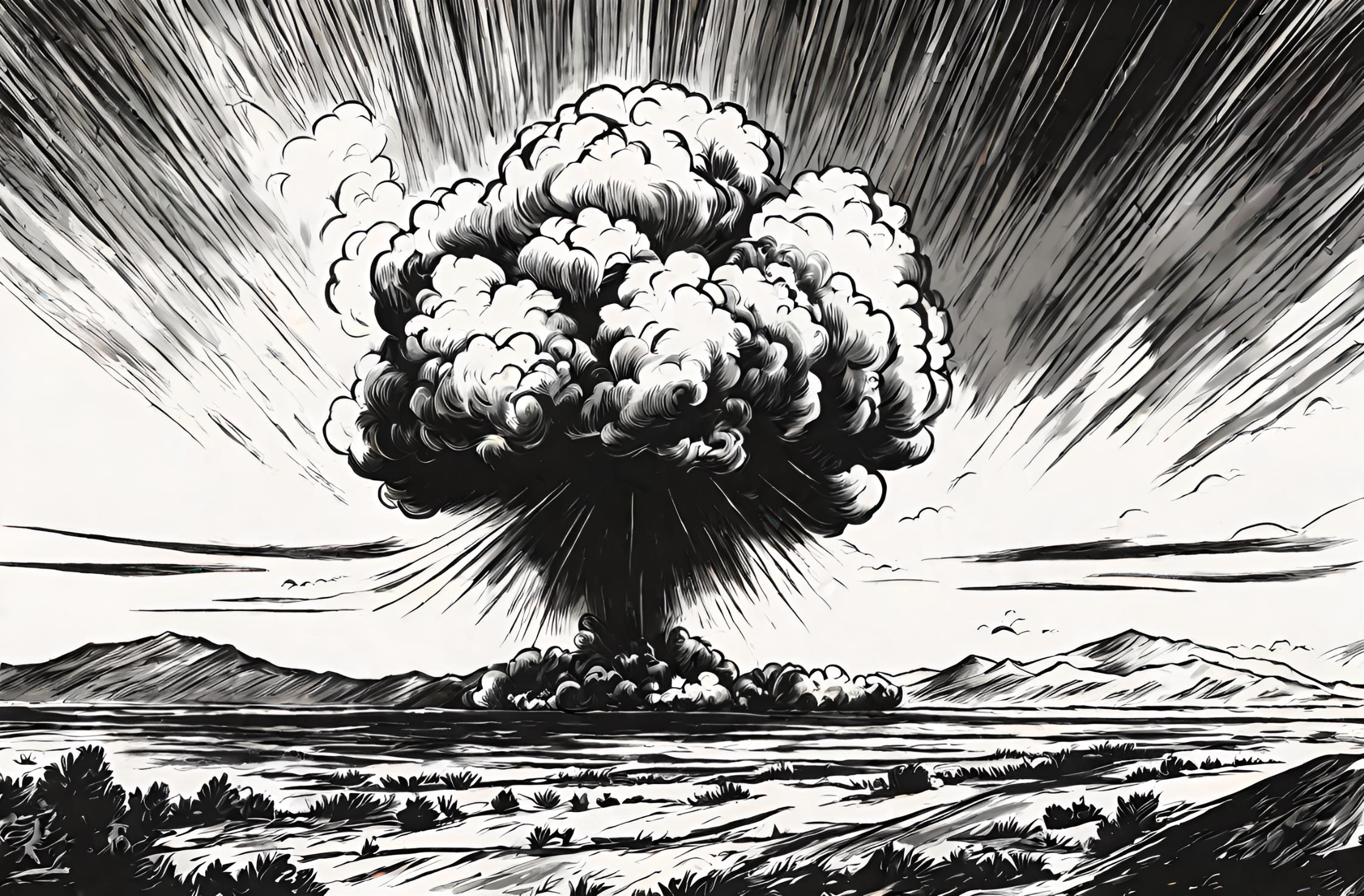Flashback to August 29
World History

2003
Ayatollah Sayed Mohammed Baqir al-Hakim, the Shia Muslim leader in Iraq, is assassinated in a terrorist bombing, along with nearly 100 worshippers as they leave a mosque in Najaf.
Read moreOn August 29, 2003, a catastrophic event shook the Shia Muslim community worldwide, ushering in an era of uncertainty and grief. A revered Shia Muslim leader in Iraq, Ayatollah Sayed Mohammed Baqir al-Hakim, fell victim to a violent act of terrorism, leaving countless people mourning the loss. On the day, as worshippers left a mosque in Najaf, a lethal bomb blast ensued, assassinating the religious figure and nearly 100 worshippers in its wake.
Ayatollah Sayed Mohammed Baqir al-Hakim, an influential personality in the Shia Muslim community, played a pivotal role in shaping the religious and political landscape of Iraq. Known for his charismatic and eloquent sermons, the Ayatollah was a beacon of hope for those seeking spiritual guidance. His assassination generated a profound sense of shock and outrage, not just within Iraq but across the global Shia Muslim community as well.
The 2003 incident took place in Najaf, a city revered by Shia Muslims for its spiritual significance. The ill-fated worshippers were leaving a mosque when a bomb blast claimed their lives. The city of Najaf, known for its peace and tranquility, was rocked by the terrifying sound of the explosion, which cruelly snuffed out nearly a hundred innocent lives along with the Ayatollah’s.
Beyond the immediate loss of life, the implications of this terrorist act reverberated throughout Iraq and the wider world. The assassination of Ayatollah Sayed Mohammed Baqir al-Hakim represented a direct assault on religious freedom and threatened to disenfranchise the Shia Muslim community, a significant part of Iraq’s diverse cultural fabric.
Ayatollah al-Hakim stood as a beacon of unity. His leadership had been a cohesive force within the Shia community, fostering unity within a society that was often divided country based on various factors, primarily ethnic and sectarian lines. With his demise, the country lost a crucial voice for peace, stability, and mutual acceptance.
In the aftermath of the bombing, widespread demonstrations were held across the globe, not in only in Iraq, but also in countries with large Shia populations. The togetherness shown proved a profound testament to Ayatollah al-Hakim’s influence and demonstrated the strength of the Shia community’s resilience in the face of adversity.
This incident served as a grim reminder of the continued presence of extremist ideologies and the threat they pose to religious harmony, peace, and progress. It underscored the urgency of addressing these destructive ideologies, not just regionally but globally, many of which manipulate religion for political agendas.
Investigations into this heinous act revealed a well-planned operation, trying to strike at the most vulnerable, exploiting a moment of spiritual repose. The assault’s breadth and calculated nature demonstrated the intruders’ objective: terrorizing ordinary citizens, disrupting social peace, and fanning the flames of sectarian discord.
In the broader geopolitics of the Middle East, the severity of this act redefined many aspects, especially regarding the security and stability of Iraq. For international observers and politicians, the incident exposed the fragility of post-war Iraqi society and how external influences could further destabilize the region.
Ayatollah Sayed Mohammed Baqir al-Hakim’s assassination in 2003 was a tragic event that resonated deeply for the global Shia community, Iraq, and the entire world. An influential leader and a constant voice of unity were lost in a brutal act of violence, and the wounds cut deep into the heart of religious tolerance and human dignity. However, the legacy of the late Ayatollah and the courage shown by his community in the face of such a devastating event is an emphasis on the power of resistance, resilience, and unity.
We strive for accuracy. If you see something that doesn't look right, click here to contact us!
Sponsored Content

USSR explodes its first…
Experience the historic moment…

Supreme Soviet suspends all…
On August 29, 1991,…

The United Kingdom legislates…
Experience the historical shift…

Michael Faraday discovers electromagnetic…
Renowned scientist, Michael Faraday,…

Eamon de Valera, Irish…
"Eamon de Valera, a…

Ayatollah Sayed Mohammed Baqir…
On August 29, 2003,…

